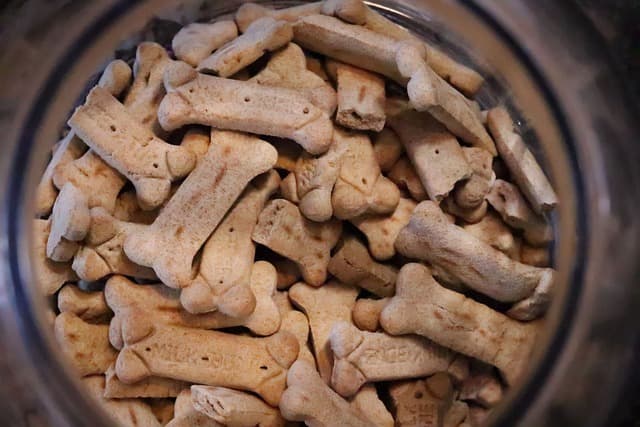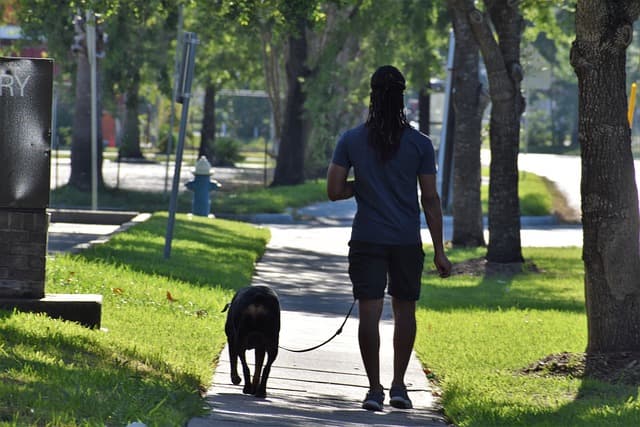Pet owners are not always able to quickly recognize how dangerous a pet’s situation is. They often lack relevant experience, and conditions that are not life-threatening may cause panic, while deadly body disorders may, on the contrary, not be frightening. In order not to miss the moment when the pet can still be saved, veterinary help should be sought as soon as possible. You can make the right decision by the following signs.
Sudden apathy
It happens that the cat or dog, which yesterday were still quite active, suddenly become sad, lie down and sleep, refuse to eat. The reasons can be many, from quite innocent, like overwork, to very serious. But if apathy is accompanied by high fever, you need to urgently show the animal to a doctor. Particularly careful should be in the spring, during the period of activity of ticks. Often apathy and refusal of food are the first signs of diseases such as babesiosis, hemobartonellosis, feline panleukopenia, canine distemper and others. A vivid clinical picture develops later, but laboratory tests can already diagnose the disease. So do not ignore the “dull mood”, especially since thermometry is quite an accessible manipulation. If apathy without a pronounced fever continues for more than a day, you should also visit the veterinarian.
Diarrhea
Diarrhea (diarrhea) in dogs and cats does not always require treatment. Sometimes a starvation diet and plenty of fresh, clean water are enough to stop diarrhea. If the animal ate something unhealthy but tasty the day before, the cause of mild diarrhea is likely to be this. But you should definitely contact a veterinarian if:
- The feces are not only liquid, but also unnatural in color. Feces can be black, almost white, bright yellow, greenish, etc.
- The consistency of feces is very liquid, resembling water with fragments of semi-digested food, or frothy, with an abundance of gases.
- Strange odor. Stinky, putrid, pungent, pungent, chemical. When eating household chemicals, such as laundry detergent, feces smells perfumed.
- Blood in the feces. Bright red or crimson, with streaks or staining the entire fecal portion. Black diarrhea indicates bleeding in the upper intestines.
- The animal suffers from pain, takes a hunched position, the abdomen is bloated, painful when touched. Diarrhea is not always observed.
- Diarrhea is observed in a small puppy or kitten.
- Foreign objects are found in the feces, such as pieces of plastic, pieces of wood, etc.
- Diarrhea persists for more than 24 hours.
Vomiting
Veterinary help is urgently needed if the urge to vomit is unproductive, i.e. the animal coughs and howls as if trying to get rid of vomit, but there is no discharge. Dangerous is persistent, incessant vomiting, as well as vomiting that repeats with each intake of food or water. And a trip to the vet should be made very quickly if the vomiting is bloody.
Eating a dangerous product, swallowing an inedible object
If you notice that your pet has chewed and swallowed an inedible object (plastic bag, toy, plastic bottle fragments or something similar), picked up a suspicious, possibly poisoned or stale product on the street, reached for household chemicals, chewed a poisonous plant, contact a veterinarian immediately.
Trauma
Accidental or intentional strong blow, a fall from a height, a traffic accident, a fight with wounds is a reason for an obligatory visit to the veterinarian, even if at first glance the animal is not injured. In the case of an open fracture, severe bleeding, soporosis or coma, the injured person should be taken to the nearest veterinary clinic as soon as possible, as these conditions are life-threatening. Injuries in the eye area require special attention. They should always be treated as potentially dangerous, as the eye tissues are very susceptible to infection.
Discharges. Change in the shape of the abdomen
Such diseases as pyometra, hydrocele may not be noticeably reflected in the general condition of the bitch or cat. But the owner should be alarmed by unnaturally large, bloated abdomen of the pet in the absence of pregnancy. A cause for concern is purulent, bloody or just too abundant discharge from the female’s genital tract outside the heat period. In both cases, a veterinarian should be consulted, and if the abdomen is rapidly enlarging without discharge, this should be done as soon as possible.
Be attentive to your pet and don’t miss the warning signs!



